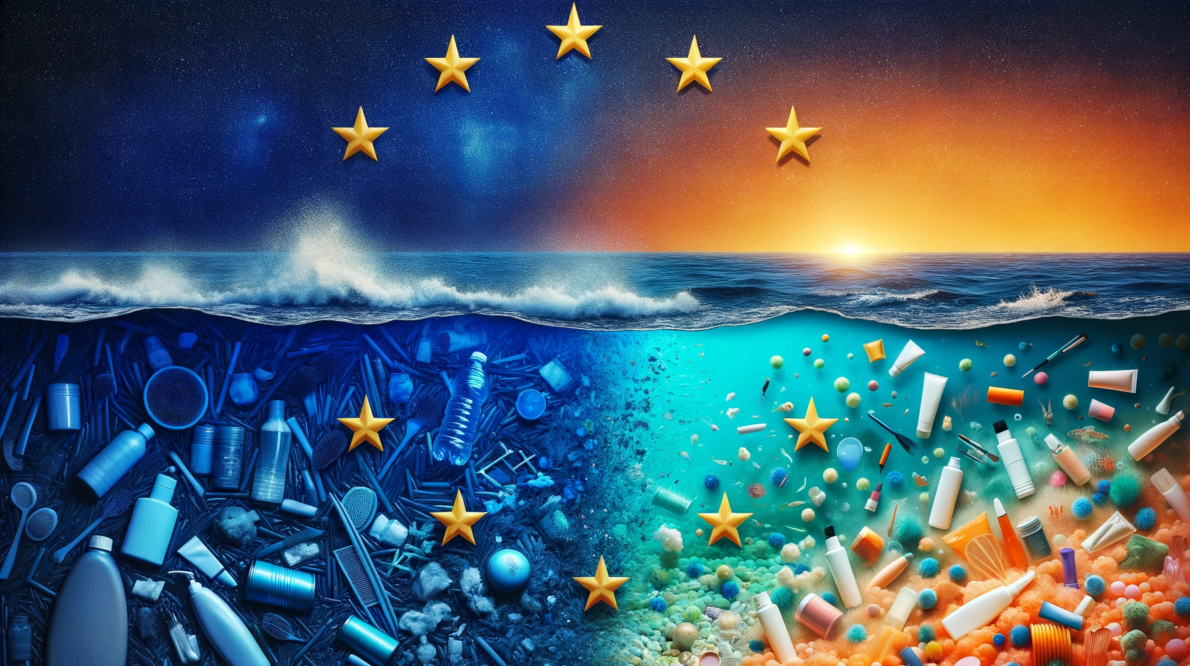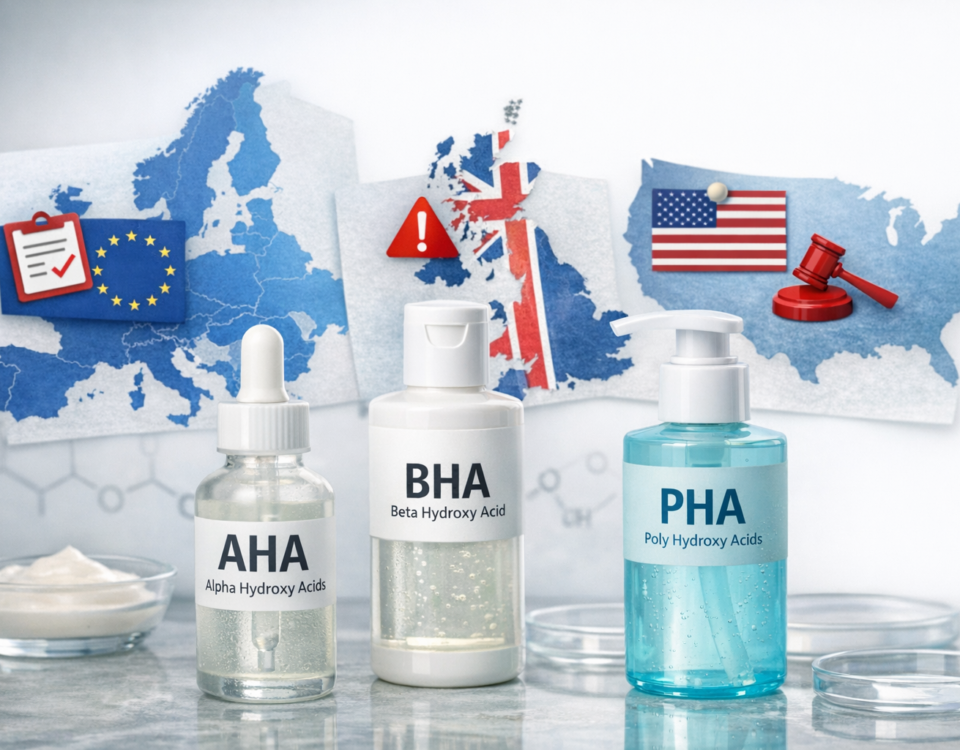
EU’s Landmark Ban on Microplastics in Cosmetics
4 January 2024
Are you sure you get the difference between an EU/UK Responsible Person and a US Responsible Person?
21 January 2025It’s a fact: Cosmetics industry companies are including more and more environmental claims in their advertising in response to an increasing interest on the part of their consumers concerning the environmental impact of their products.
Claims need to be regulated, CLEAR goes over the main points.
A number of regulatory texts have been (or will be) adopted in France and Europe to control misleading environmental claims or greenwashing.
In France
Article 13-I of the AGEC law which either regulates or bans the use of such claims. Consequently, the CNC (Conseil National de Consommation – National Consumer Council) published an updated version of its environmental claims guide in 2023 to help professionals on the subject. This guide has no regulatory or coercive value, but it is used as a reference document by the DGCCRF (Direction générale de la Concurrence, de la Consommation et de la Répression des fraudes – The General Directorate of Competition, Consumer and Fraud Issues) in the event of inspections.
In more detail:
- Banned claims: Any “biodegradable” or “environmentally friendly” claims or other equivalent environmental claims, as set out in the CNC guide, the same also applies to “decomposes in the environment”, “green”, “protects the environment” labels. These claims have been banned since 1 May 2022.
- Regulated claims (sample list):
- Recyclable: “Mostly recyclable packaging” / “fully recyclable product” labels must detail exactly what is recyclable and the conditions that apply to the alleged recycling process,
- Re-use: “Re-usable packaging” / “refillable packaging” labels must indicate the consumer product usage conditions and the recommended number of times that the product can be used,
- Compostable: The environmental code lists all of the types and categories of compostable packaging which can be collected with bio-waste that has been sorted at source. Only these packaging products can use the “compostable packaging” label.
Considering the relevance of the subject, the DGCCRF started an environmental claims inspection campaign in 2021/2022 which has continued into 2023. This is also expected to continue in 2024.
In Europe
Two further regulatory texts are expected as part of the Green Deal:
- The Green Claims directive which will regulate the use of environmental claims with scientific proofs and methods. This is expected to be published in mid-2024.
- The fraudulent claims directive (which will modify the 2005/29/CE and 2011/83/CE directives) which will specifically ban the following labels (sample list): “environmentally friendly”, “eco-friendly”, “carbon neutral”, “biodegradable” if used without substantiation. This was planned for 2023.
In the UK
There is no regulatory framework for environmental claims. However, three guides have been published to assist businesses. Globally, the requirements are less precise or detailed than in France.
In the USA
Even if the implementation of the MoCRA has changed a lot of things, it does not deal with greenwashing or issues related to environmental claims. However, the FTC (Federal Trade Commission) plans to revise its Green Guides (most recent review in 2012) which helps businesses to avoid using claims that may mislead consumers.
To take this further: EC AV PORTAL (europa.eu) (Video explaining the European Commission’s Greenwashing regulation objectives)
Sources:
Allégations environnementales: ce qu’il faut retenir | economie.gouv.fr
https://eur-lex.europa.eu/legal-content/FR/ALL/?uri=CELEX:52022PC0143
https://www.legifrance.gouv.fr/jorf/id/JORFSCTA000041553760
https://eur-lex.europa.eu/legal-content/EN/TXT/?uri=COM%3A2023%3A0166%3AFIN




